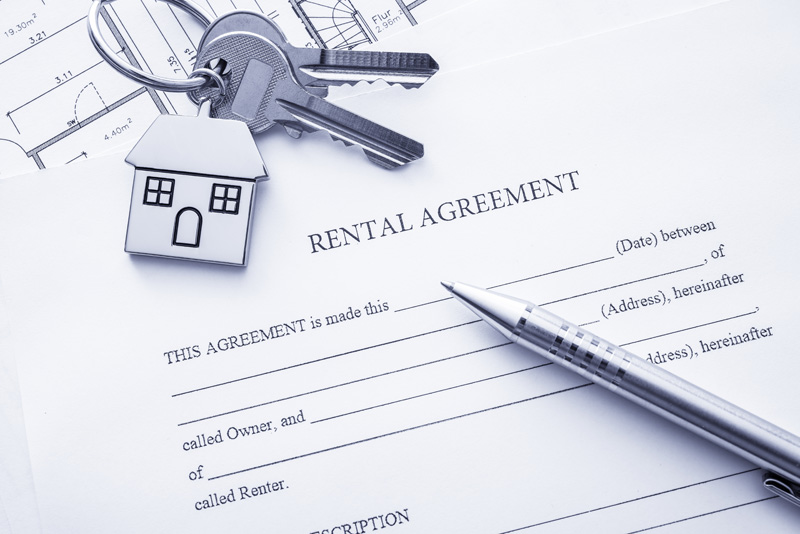The private rented sector of the housing market caters for a large number of people in the UK. Indeed, there are said to be about two million private landlords and about four million tenants. At the heart of all of the contracts, underpinning the housing services being provided in this sector, are human relationships – the interaction between the landlord who provides the service and the tenant who pays for it.
In an ideal world this relationship would be professional and cordial. You don’t have to be friends with the person who is letting your property, indeed this could even make things more awkward than they need to be.
When it comes to relationships with tenants, it’s a good idea to remember the rule of ‘let’ – three key principles that inform that ‘ideal’ professional and cordial relationship that you should aspire to:
Lay out the ground rules: If both sides are clear on the rules of your relationship right at the start then you’ll have laid the right foundations. This means things like being clear over your policy on pets, for example, and setting up a thorough inventory. Having this document place will mean that the tenant has something to refer to and should be clear about the condition they need to leave the property in when they depart. While your landlord insurance will cover you for damage to the property, this document should underpin your relationship and act as an important reference point.

Engage: Communication is key. If your tenant cannot get hold of you then you’ll have no relationship at all. If you don’t want them to hassle you on the phone while you are at work, make sure they have another way to contact you – email can be especially convenient if both sides are at work. Things might be a little different if you choose to use a letting agent, of course, but don’t think that this just gives you carte blanche to step back and having nothing to do with your property. There might be times when the tenant thinks your agent is not acting in the best interests of the property and, in that case, your tenant could well need to get in touch and alert you to an issue with your property asset.
Take privacy seriously: This might be your house but it’s not your home and you need to respect that. You should, as No Agent notes, give your tenants at least 48 hours notice before turning up and be prepared to work around their schedule if you need to inspect your property or carry out any work there. An interfering landlord risks losing a decent tenant.
Are your tenants clear on the ‘ground rules’? Do they know the best way to get in touch with you? And you with them? Do you know when to back off and let your tenant have their privacy? If it’s a yes to all of the above, then you have the right relationship. If not, then there’s work to do.

Keep the three key rules of ‘let’ in mind for a long-lasting and mutually beneficial landlord-tenant relationship.

